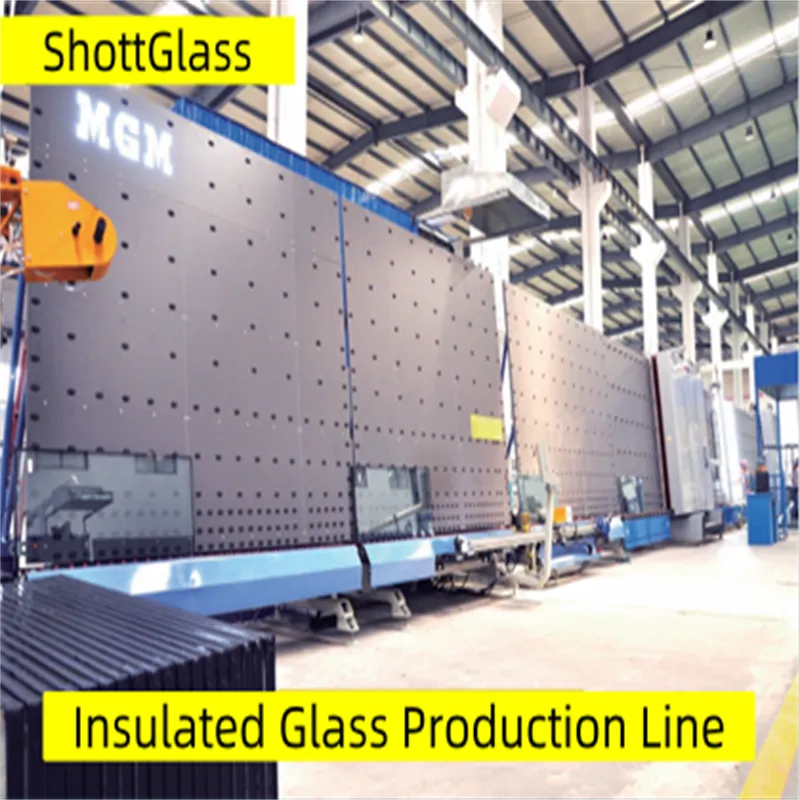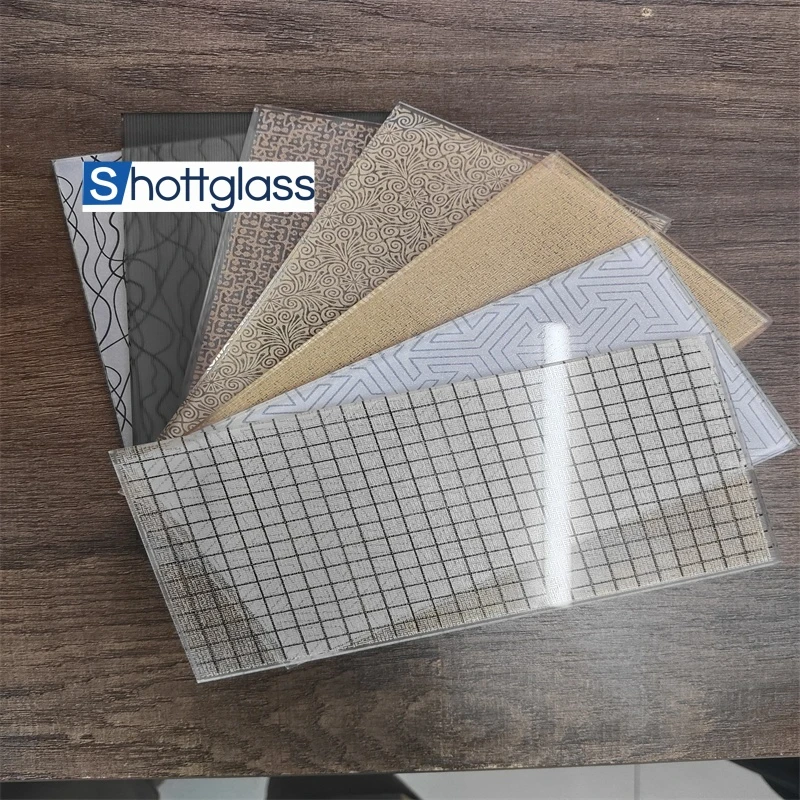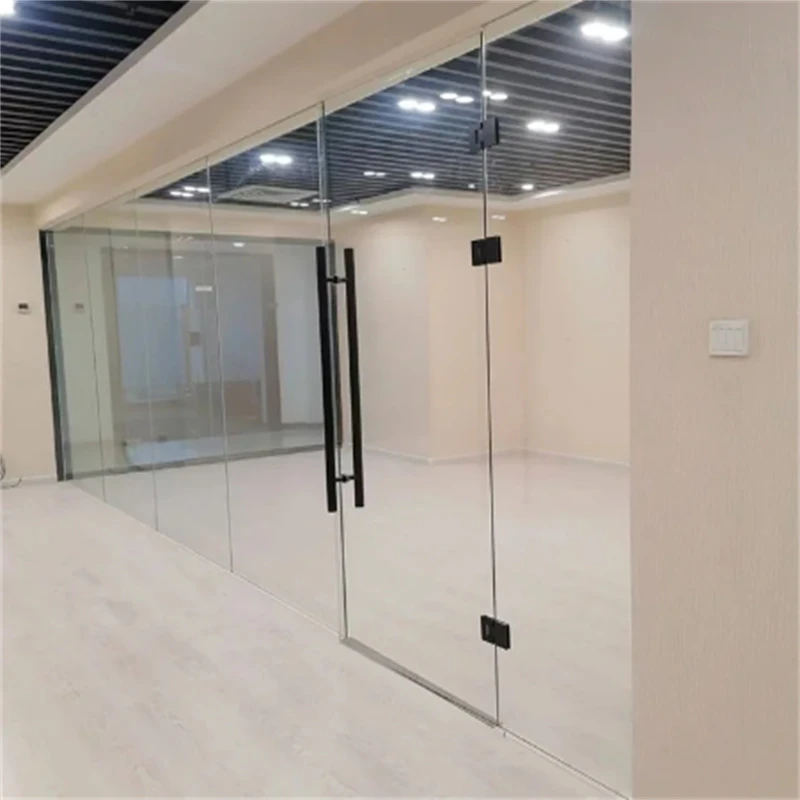10 月 . 13, 2024 08:14 Back to list
Innovative Designs and Applications of Architectural Laminated Glass in Modern Structures
The Evolution and Benefits of Architectural Laminated Glass
Architectural laminated glass is a vital innovation in modern construction and design, merging aesthetics with functionality to create safe, energy-efficient, and visually stunning structures. This type of glass is composed of two or more layers of glass that are bonded together by an interlayer, usually made from polyvinyl butyral (PVB) or ethylene-vinyl acetate (EVA). The result is a robust material that offers numerous advantages for architects, builders, and end-users.
Enhanced Safety and Security
One of the primary benefits of laminated glass in architecture is its enhanced safety features. In the event of breakage, the interlayer holds the shattered glass pieces together, minimizing the risk of injury from sharp shards. This characteristic makes it an ideal choice for buildings situated in high-traffic areas, as well as for safety-critical applications like skylights, facades, and glass railings. Furthermore, laminated glass can be manufactured to withstand impact and forced entry, providing an additional layer of security for residential and commercial properties.
Sound Insulation Properties
Laminated glass is also recognized for its excellent sound insulation capabilities. The interlayer provides a sound-dampening effect that reduces noise levels from external sources, making it a preferred option for buildings in urban environments or near transportation hubs. This quality contributes significantly to occupant comfort and productivity, as a quieter indoor environment can enhance the overall quality of life.
Energy Efficiency
architectural laminated glass

Another critical aspect of architectural laminated glass is its energy-efficient properties. By incorporating special coatings or tints into the glass or interlayer, laminated glass can help regulate indoor temperatures by reducing solar heat gain and improving insulation. This means that buildings can maintain comfortable temperatures with less reliance on heating and cooling systems, leading to lower energy consumption and reduced utility costs. As a result, laminated glass is increasingly being adopted for sustainable design practices and green building certifications.
Aesthetic Versatility
The aesthetic appeal of laminated glass cannot be overlooked. It is available in a variety of colors, textures, and patterns, allowing architects to create unique and visually striking designs. The ability to integrate printed or colored interlayers offers limitless possibilities for customization, enabling buildings to reflect their surrounding environment or the identity of their occupants. Whether it’s a transparent facade that maximizes natural light or a tinted panel that creates a dramatic effect, laminated glass can elevate architectural designs in powerful ways.
Environmental Considerations
As sustainability becomes a priority in construction, laminated glass aligns well with eco-friendly practices. The long lifespan and durability of laminated glass reduce the need for frequent replacements, thereby minimizing waste. Additionally, the energy efficiency it provides can significantly lower the carbon footprint of buildings over time. Many manufacturers also prioritize sourcing raw materials responsibly, further enhancing the environmental benefits associated with this glass type.
Conclusion
In summary, architectural laminated glass is a multifaceted material that brings together safety, sound insulation, energy efficiency, design versatility, and sustainability. Its unique properties make it an indispensable choice for modern architecture, providing solutions that meet the evolving needs of society. As the construction industry continues to embrace innovative materials and techniques, laminated glass stands out as a testament to the harmonious blend of form and function, enhancing both the safety and beauty of our built environment. With ongoing advances in technology and design, the future of architectural laminated glass is bright, promising even greater possibilities for architects and builders alike.
-
Wired Glass: A Strong and Secure Glass Solution for Various Applications
NewsNov.04,2024
-
Tinted Glass: A Stylish and Functional Choice for Modern Homes
NewsNov.04,2024
-
The Elegance and Versatility of Silver Mirrors
NewsNov.04,2024
-
The Advantages of Copper Free Mirrors
NewsNov.04,2024
-
Tempered Glass: A Reliable Choice for Modern Applications
NewsNov.04,2024
-
Pattern Glass: Stylish and Functional Glass for Modern Design
NewsNov.04,2024
Related PRODUCTS














